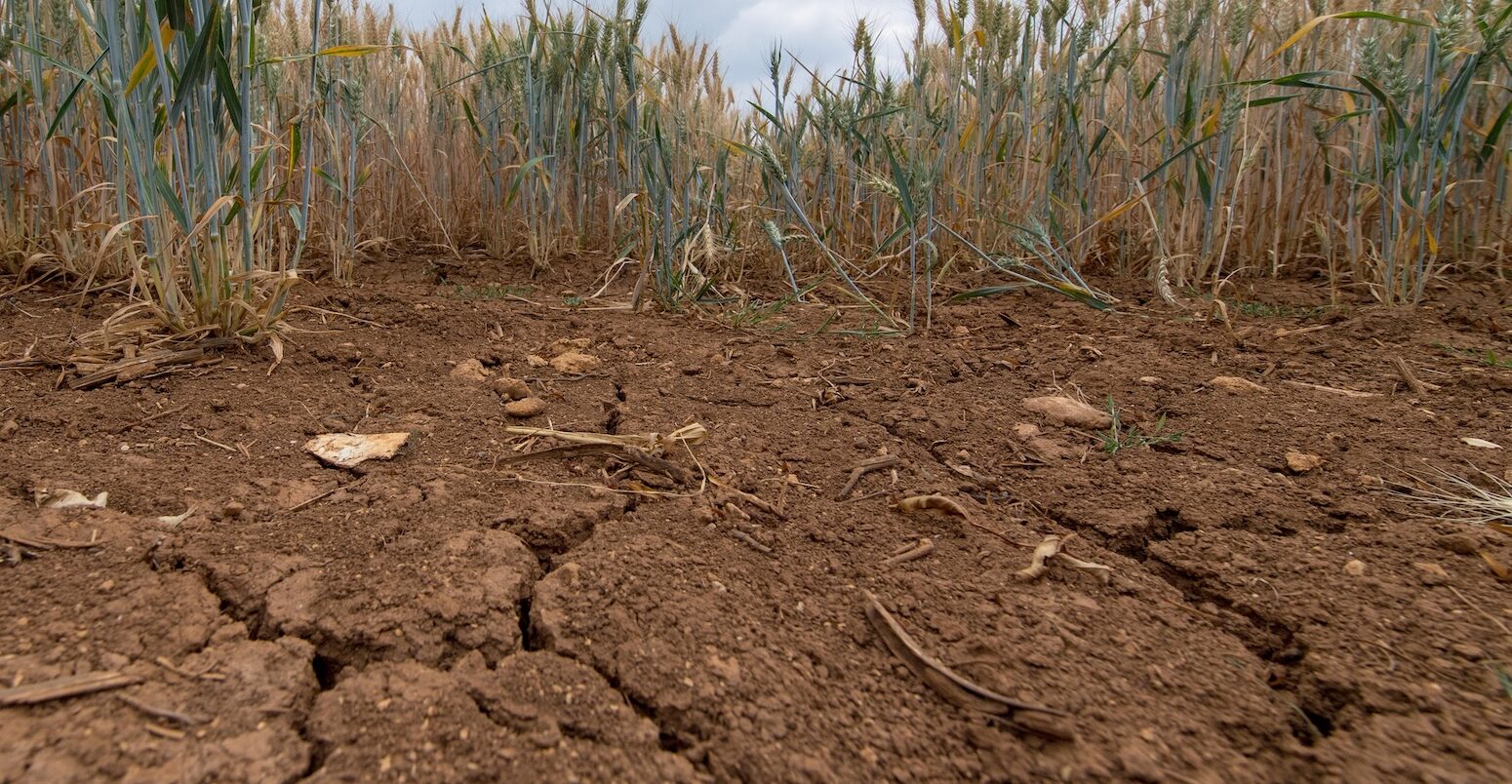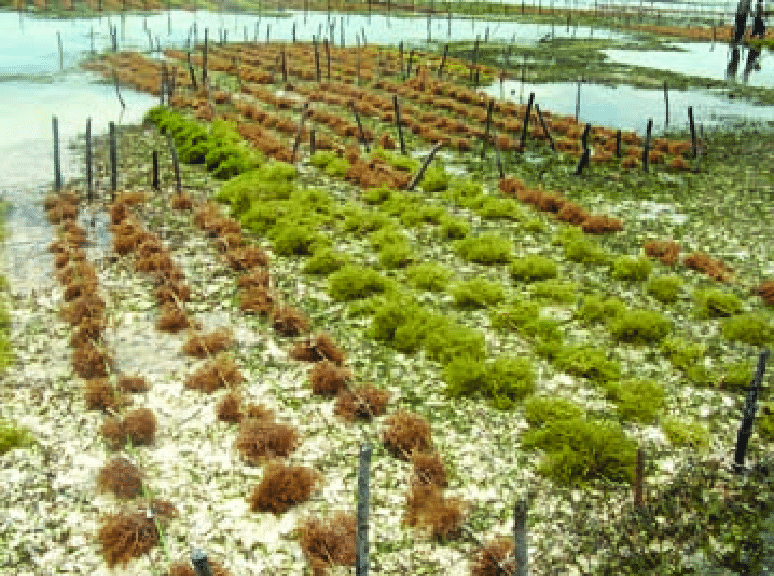2023 Kessel Fellowships
Contents
The AOS is pleased to announce four 2023 fellowships of $15,000 each for ornithological research. This fellowship has been made possible through a generous bequest by Dr. Brina Kessel and is directed to early-career scientists. The full range of ornithological research currently published in peer-reviewed journals, such as avian biology, ecology, behavior, conservation, genetics, interdisciplinary work, etc. can be supported. Poultry and agricultural research will not be considered.
Kessel Fellowship Eligibility
Updated 30 January 2023
- Kessel Fellowships are open to early-career researchers. This includes those who have received their Ph.D. within ten years of the grant submission date (an extra year of eligibility may be granted for parental leave), for example, postdoctoral researchers, early career faculty members, and Ph.D. students who will hold a doctoral degree in May 2023.
- As early-career researchers, applicants are expected to have significant involvement in an ornithological society. Applicants must be an AOS member at the time of their application if they are citizens of the United States, Canada, Israel, Japan, Australia, New Zealand, and the following Western European countries: Iceland, Norway, Sweden, Finland, Denmark, Germany, The Netherlands, Belgium, Luxembourg, France, the United Kingdom, Ireland, Switzerland, Austria, Italy, Spain, and Portugal. Applicants who are NOT citizens of the countries listed above nor an AOS member are expected to be an active member of an ornithological society in their country or region.
- Grants will be awarded to a single Principal Investigator (PI), not multiple PIs, although collaborators can be named in the grant. The grant will be made in full in the first year, with funds sent to the PI’s institution. PIs that transfer to another institution during the period of their research award will need to work out with their institution whether or not the funds may transfer with them or if the institution will continue to administer the grant through its completion. The AOS will also consider working with a reputable third-party entity to administer the grant on the recipient’s behalf.
- Kessel Fellowships are intended to support PIs for up to a two-year period. Applicants who anticipate completing their research in less than two years are eligible to apply.
- Applicants who do not hold or have held at any time an award of any type in excess of $100,000 as the PI (total of all funds, including those allocated to salary or stipend) are eligible for any of the four Kessel Fellowships available this year.
- In addition, one of the four Kessel Fellowships available this year may be granted to an applicant who has received an award in excess of $100,000 as the PI.
- At least two of the four awards will go to some combination of Latin American scientists, scientists doing applied conservation, and scientists at universities that primarily serve undergraduate students (i.e., universities without a Ph.D. program).
- Applicants who have been co-PIs are eligible to apply regardless of the level of funding they have received in the past. The AOS’s goal is to provide critical funding to early-career ornithologists who do not have access to other significant funds.
- Applicants may not have received a Kessel Fellowship award previously.
- Applicants may apply for only one AOS research award (Kessel Fellowship or Student & Postdoc Research Award) in a year and may hold only one award at a time.
- Applicants who have received research funding from the AOS in the past may apply as long as they meet all of the eligibility requirements listed above.
To Apply
Applications must be submitted through our online Member Portal by 11:59 p.m. on 28 April 2023.
- The page linked above will direct you to a login screen. If you have previously created an account in our Member Portal, enter your user name and password. After logging in, you will be redirected to the Kessel Fellowship nomination page.
- If you have not previously created an account, click Register Now on the lower right to set up your profile.
You will be asked to fill out the online submission form in addition to uploading your proposal as a single PDF file. The research proposal must use 12-point font with one-inch margins on all sides. It should include all of the following components listed below. Ineligible applicants and proposals that do not adhere to the instructions will be disqualified without review.
Research Plan (maximum 3 pages):
- Introduction: background and description of the problem
- Goals: short- and long-term goals of the research
- Methods: clear, replicable, feasible, and relevant to goals
- Timeline: consistent with the goals
Please refer to the evaluation rubric for additional details. The Kessel Committee will use rubric criteria to evaluate all proposals.
Literature Cited (maximum 1 additional page)
PI Biographical Sketch (maximum 1 additional page):
Please provide the following information in the Biographical Sketch:
- Current position
- Degrees earned: For all degrees, provide the degree title, date of conferral, and the institution where the degree was earned.
- Experience: Provide a brief summary of relevant research experience.
- Publications: Give the total number of papers published, the total number of papers published in ornithological journals, and provide complete citation information for the top five publications only.
- Communication of scientific results: Provide evidence that results of previous research have been communicated at conferences, public venues, the popular press or other outlets, including ones focused on ornithology.
- Other contributions to ornithology: List participation in teaching, mentoring, and diversity and inclusion initiatives.
Please do not include personal information anywhere on the application such as date of birth or marital status.
Budget & Budget Justification (maximum 2 pages total):
- Download a two-year budget spreadsheet template in Excel format (one page). Only include the costs that you are requesting from the AOS on this template, do not list items and funding that you already have or anticipate receiving elsewhere.
- Applicants may include travel funds in their budget to attend one AOS meeting where they will present the results of the research supported by this grant (see “Post-Funding Requirements” below).
- Salary for field assistants, lab assistants, or graduate students is permitted. Funding for PI or post-doctoral fellow salaries is not allowed. Overhead or Facilities and Administration costs are not allowed.
- Please limit your budget justification to one additional page. If the proposed research will require more than $15,000 to complete, please provide a short paragraph stating how these additional costs will be covered.
- Award funds must be spent within two years of their receipt; however, recipients may request a no-cost extension beyond the end of the second year to accommodate field seasons and other defensible considerations.
Post-Funding Requirements
Successful applicants are encouraged to present their research at an AOS meeting and may budget these travel costs in their application if alternative travel funding is not available. Successful applicants are also expected to submit at least one manuscript to a peer-reviewed journal acknowledging the award. We encourage all Kessel Fellows to become involved in AOS activities.
Questions
If you have any questions or experience any issues with the submission form, please submit a ticket to the Kessel Fellowship Help Desk and someone will follow up with you.
Frequently Asked Questions
Why are applicants from certain countries required to be AOS members, but not others?
The AOS is an international professional Society and serves ornithologists all over the world. By removing the requirement for AOS membership for applicants in some countries, we hope to eliminate barriers to ornithologists who are active in research and active in their local or regional ornithological society rather than in the AOS, but where there is limited, if any, research funding available. In this way, we hope to make this grant opportunity available for early-career ornithologists — AOS members and non-members alike— who are pursuing research but do not currently have access to research funding. We welcome applications from all postdocs and early professionals who meet the Kessel Fellowship eligibility requirements.
I anticipate moving institutions in the next two years. Will I be able to transfer the Kessel grant funds to my new affiliation?
The AOS will pay out the $15,000 grant in full in the first year. Only institutions may receive the grant funds; the AOS is unable to send awards directly to individuals. If you move institutions (take an additional post-doc, start a job, etc.) during the two year period of your grant, as PI it will be your responsibility to work out with the institution administering the funds whether they will continue to administer them for you or agree to transfer the funds to another institution.
What if I am unable to complete my funded research in two years? Will I be required to return any unexpended funds to the AOS?
The AOS recognizes that unexpected circumstances may arise during the two-year grant period. While we expect that Kessel Research Fellowships are typically completed and funds are spent within a two-year period after receiving the award, the AOS will grant a no-cost extension to accommodate field seasons and other defensible considerations. If such an extension is necessary, the PI must request permission from the AOS to receive a no-cost extension.
Previous Kessel Fellowship Winners
| 2022 | Umesh Srinivasan. Project: “The role of diet in determining altitudinal migration strategies of insectivorous birds”
Amberleigh Henschen. Project: “Understanding the genetic basis of disease tolerance in wild birds” |
| 2021 | Michelle Roper. Project: “The role of the syrinx in the evolution of complex male and female songbird vocalisations: disentangling the effects of morphology, ecology and life-history traits” |
| 2020 | Laura Farwell. Project: “Breeding passerine response to climate-driven expansion of shrubs and trees in the Alaskan subarctic”
Allison Johnson. Project: “Ecology of social organization in cooperatively breeding birds” Carrie Branch. Project: “Connecting signaling, cognition, and female choice in wild bird” |




